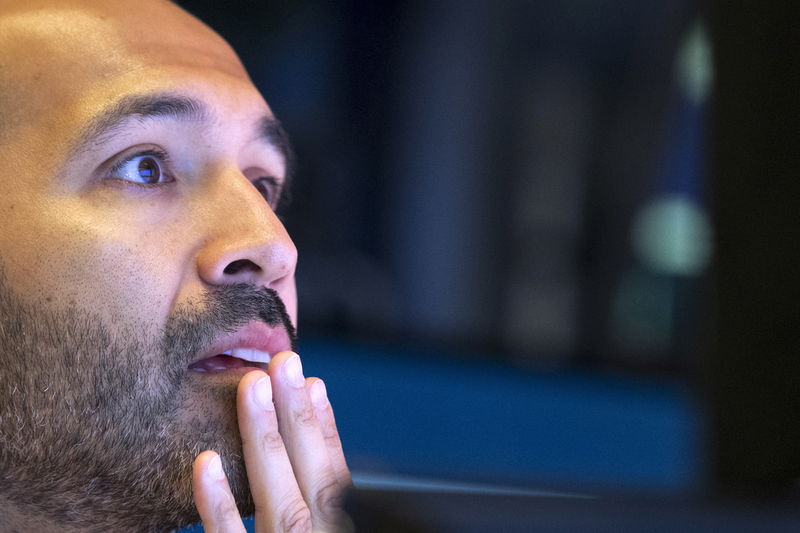Quiver Quantitative - The latest Bank of America (NYSE:BAC) survey reveals a significant tilt towards US technology stocks, marking the highest investor allocation to this sector since August 2020. This surge in interest is driven by growing optimism about global growth, a trend not seen in the last two years. The survey, encompassing a broad spectrum of fund managers, indicates a shift in investment strategies, with a decrease in cash holdings and an increased focus on US equities. This change aligns with a recent pattern where declines in cash levels have historically preceded gains in the stock market.
Technology companies, known to benefit from lower interest rates, have been instrumental in propelling US stocks to unprecedented heights this year. The Nasdaq 100 (QQQ) is on track for its fourth consecutive month of gains, but this rally has pushed the S&P 500 (SPY (NYSE:SPY)) into an 'overbought' territory, a situation some analysts view as a precursor to potential market pullbacks. Michael Hartnett, a strategist at Bank of America, notes the overly bullish investor sentiment as a potential contrarian risk to the ongoing rally in risk assets. Upcoming consumer price data could further fuel the rally, supporting the case for central bank rate cuts.
Market Overview: -Tech stocks see highest allocation since August 2020, driven by optimism. -Global growth expectations hit two-year high, fueling risk appetite. -Investors trim cash, potentially hinting at further equity market gains.
Key Points: -Tech leads US stock rally, benefiting from lower interest rate expectations. -Overbought territory warnings emerge amidst bullish investor sentiment. -Disinflationary prospects and potential rate cuts add fuel to optimism.
Looking Ahead: -Consumer price data release could further bolster case for rate cuts and risk assets. -Focus on potential headwinds from overly bullish positioning and key economic indicators. -Large-cap growth stocks seen as main driver of equity markets, followed by small-cap growth.
Interestingly, the majority of respondents in the BofA survey anticipate a decline in inflation, with only a small fraction expecting increased pricing pressures. The prevailing sentiment is in favor of a 'soft economic landing,' with diminished concerns over a 'hard landing.' Investors also seem to be leaning towards large-cap growth stocks as the primary drivers of equity markets in the near term, with a smaller segment betting on small-cap growth stocks.
Notably, the survey reveals some critical perspectives: a record number of participants believe global fiscal policy is excessively stimulative, and the 'Magnificent Seven' remains the most crowded trade. The survey identifies several potential tail risks, including higher inflation, geopolitical issues, and systemic credit events, with US commercial real estate being pinpointed as a likely source of systemic risk.
This article was originally published on Quiver Quantitative
